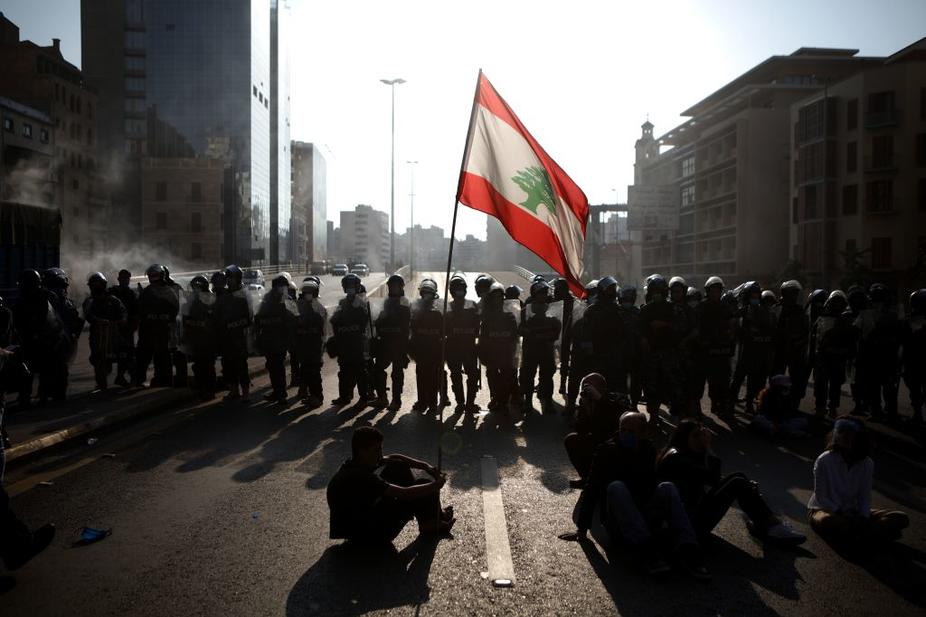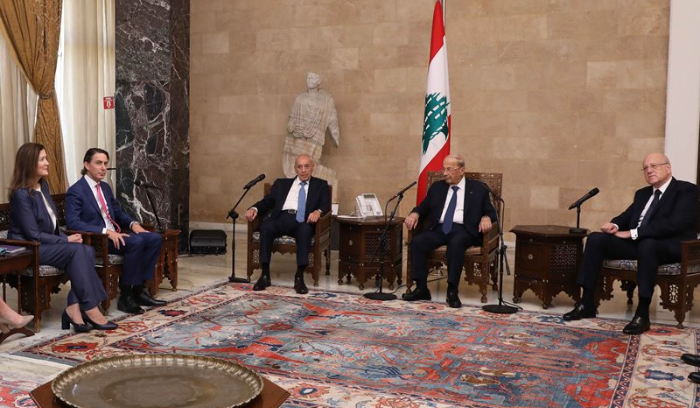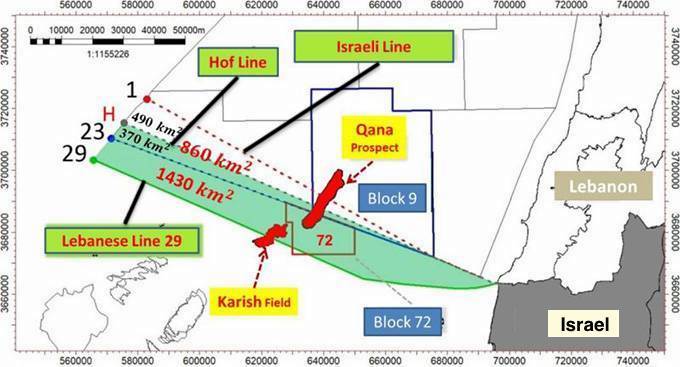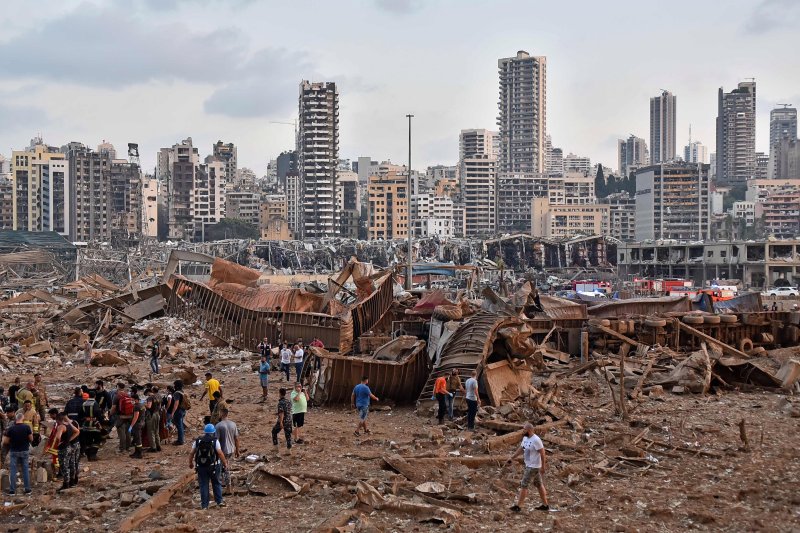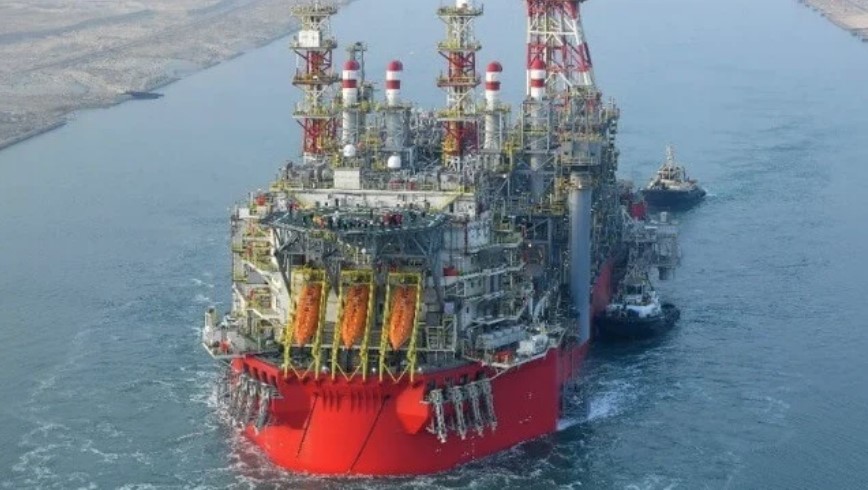
BEIRUT (AP) — Lebanon’s central bank lifted its remaining subsidies on fuel on Monday, gas station owners said, ending a year-long process of scaling back on the expensive program. The Central Bank over a year ago announced it would gradually lift fuel subsidies, to slow down the draining of its foreign exchange reserves. Fuel subsidies once cost the cash-strapped country some $3 billion annually. Last week, it subsidized just 20 percent of the cost of fuel imports. Lebanon is in the throes of a crippling economic crisis that has plunged three-quarters of its population into poverty and decimated the value of the Lebanese pound against the dollar by around 90 percent. The World Bank has described the collapse as one of the worst in the world in the last 150 years. Now, gas station owners will price fuel at the country’s “parallel market rate” — also known as the black market rate, Gas Station Owners’ Syndicate spokesperson George Brax told The Associated Press.
The local currency is still officially pegged at 1,500 Lebanese pounds to the U.S. dollar, but now trades at about 35,250 pounds at the black market rate. A liter of 95 octane gasoline currently cost just less than a dollar, but topping up the average car costs almost the monthly minimum wage. The black market rate heavily fluctuates with little transparency, possibly risking arbitrary price hikes regardless of global fuel prices. Under the subsidies program, the Central Bank would allow importers to exchange Lebanese pounds for US dollars to fund imports and keep prices stable. However, with Lebanon’s currency devaluation and skyrocketing inflation, gas station owners claimed the stable pricing was not sustainable, while security agencies struggled to crack down on fuel hoarding in warehouses and gas stations.
